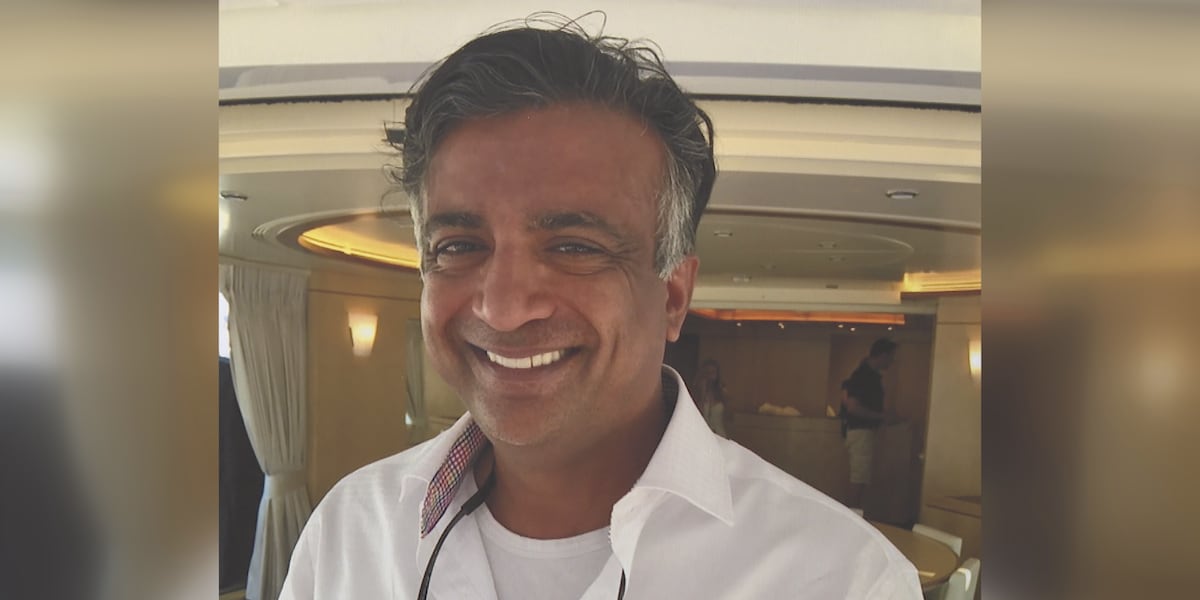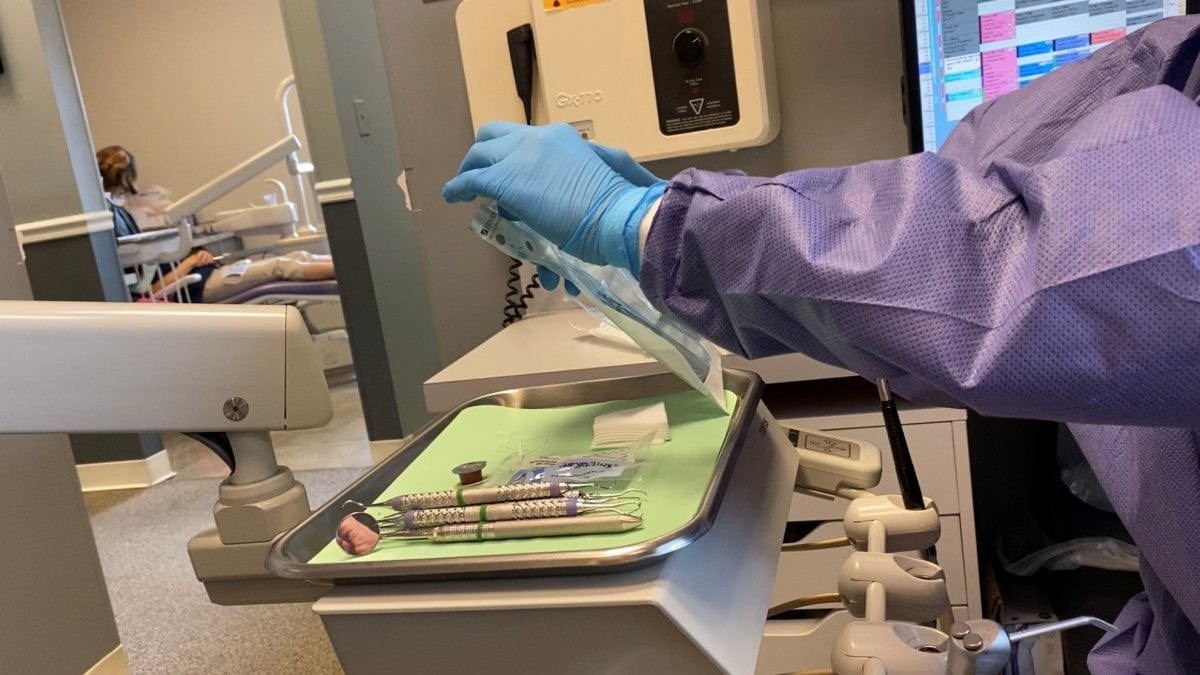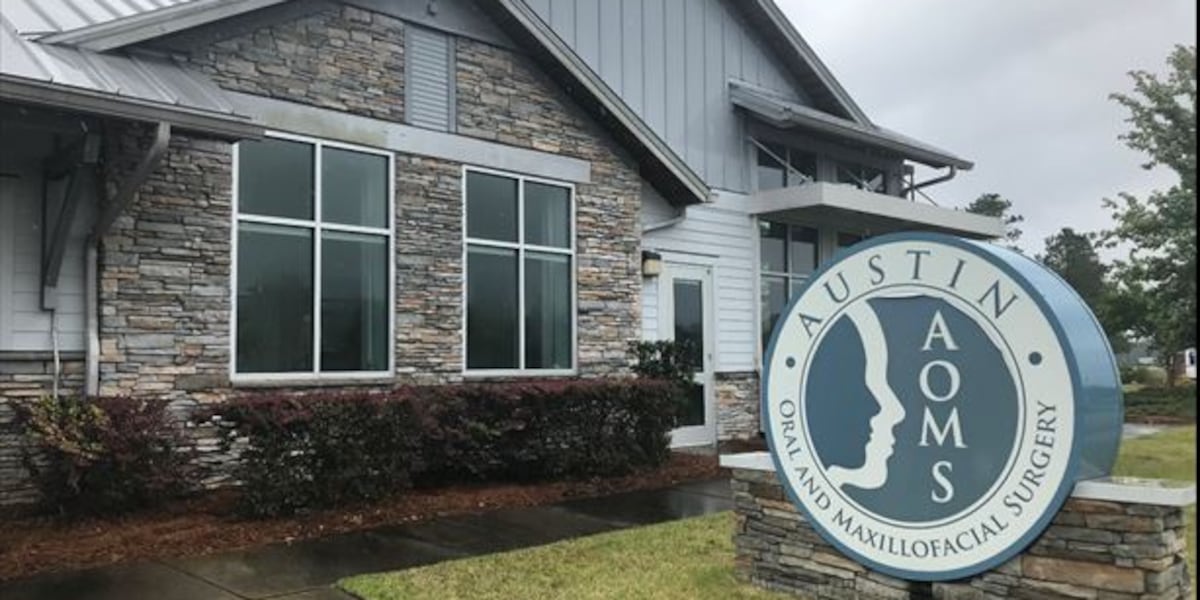This is pretty common. It seems like at least once a year there is a story about anesthesia gone wrong in a dental office that results in death. Although, I don't know that dentists necessarily do this directly for the money. I think it's more indirect. It's my understanding that for wisdom tooth extraction (and other invasive procedures, which I guess implant placement could qualify as?), many patients want to be completely sedated; so by offering that service, they get to keep the patient in their office rather losing them to a dentist down the road that offers sedation. I'm not sure they are necessarily doing it just for extra money that sedation offers because I'm guessing not too many people want/use it.
The thing that makes this case more interesting is that the dentist was an OMFS, so they should have more training. Although he was just a plain DDS. There are more OMFS programs now that are longer residencies and where the dental trainees get an MD. Not sure if those programs provide more in-depth medical training or not though. I'd be interested to know.
Maybe this is a sign that the training programs need to have more of a focus on general anesthesia/sedation. As someone mentioned, it's probably easy enough to learn, but the issue is, do they know what to do when things go wrong and there are complications??? That's the real key.
I also posted a link where an oral surgeon had a young 17 year old die from anesthesia, although there was an Anesthesiologist MD with him in the office during the procedure (he made the news, but both were sued). So maybe this points to bigger issues with the setup of doing this in a small outpatient dental office???






